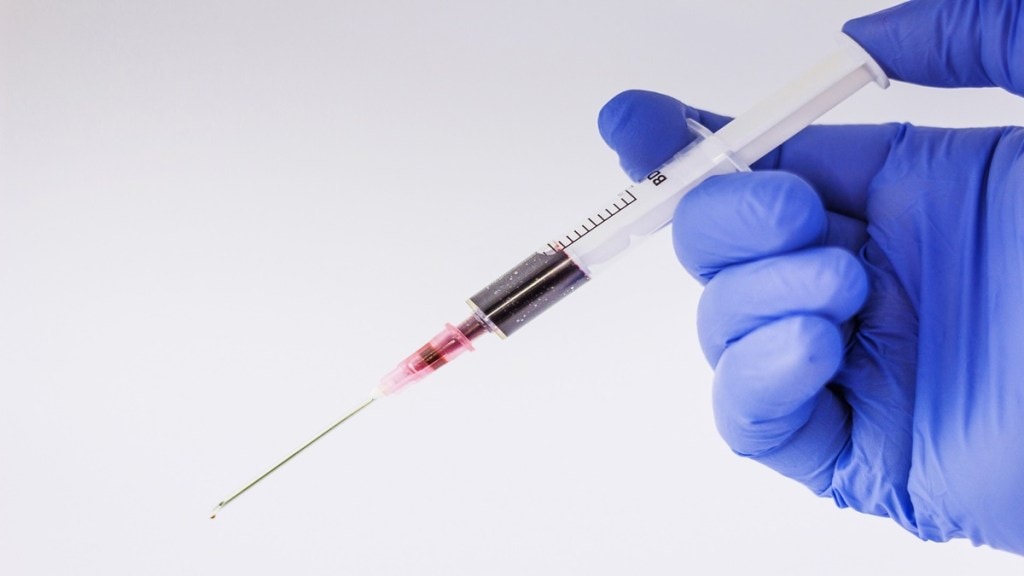Covaxin side-effects: Days after panic over Covishield’s side-effects and AstraZeneca’s decision to withdraw the vaccine, a new study has highlighted the adverse effects reported among people who took Bharat Biotech’s Covaxin.
The observational study has found that nearly a third of the participants reported experiencing adverse events of special interest (AESI) following vaccination.
The study led by Sankha Shubhra Chakrabarti and his team at Banaras Hindu University was published in on SpringerLink, an integrated platform for journals and other materials published by Springer.
According to the study, female adolescents and those with a history of allergy are at a higher risk of AESI after receiving Covaxin. It is noteworthy that a majority of the of the AESI persisted at the one-year follow-up, the researchers found.
What are the side-effect of Covaxin?
1024 people enrolled in the study. Out of which researchers managed to follow up with 635 adolescents and 291 adults over the course of one year. Among the reported adverse events, viral upper respiratory tract infections were prevalent among both adolescents and adults.
The study also found that new-onset skin and subcutaneous disorders, general disorders, and nervous system disorders were commonly observed AESIs were reported among adolscents. Similarly, among adults, general disorders, musculoskeletal disorders, and nervous system disorders were frequently found.
Shockingly, female participants of the study reported menstrual abnormalities. Some participants also eported ocular abnormalities and hypothyroidism were observed in a smaller percentage of participants. Moreover, serious AESIs such as stroke and Guillain-Barre Syndrome were identified in a fraction of the participants.
According to the researchers, adolescents, females, and those with a history of allergies or post-vaccination typhoid were at higher risk of experiencing AESIs. Additionally, people with comorbidities, were at increased risk of persistent AESIs. Among adults, those with co-morbidities such as hypertension were at more than two times higher risk of AESIs and persistent AESIs.
‘More surveillance required’
The researchers found that the patterns of adverse events developing after Covaxin differed from those reported with other COVID-19 vaccines, as well as between adolescents and adults.
The researchers emphasised on the need for extended surveillance of COVID-19 vaccinated individuals to understand the course and outcomes of late-onset adverse events.
“Relationship of AESIs with sex, co-morbidities, pre-vaccination COVID-19 and non-COVID illnesses should be explored in future studies,” the researchers noted.
Last week, AstraZeneca has initiated a global withdrawal of its COVID-19 vaccine. This came days after it was reported that the British pharmaceutical company admitted that the jab can cause rare side effects like Thrombotic Thrombocytopenic Syndrome (TTS).
Meanwhile, another study has found that AstraZeneca’s Covid-19 vaccine can increase the risk of vaccine-induced immune thrombocytopenia and thrombosis (VITT) — a rare but fatal blood clotting disorder. The new findings, published in the New England Journal of Medicine, also have important implications for improving vaccine safety.








